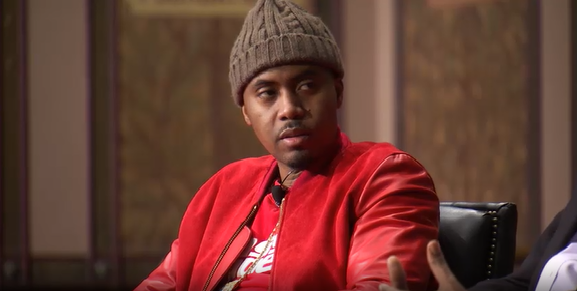My U.S. literary history course deals very heavily with issues of race and culture in 20th-century America, and much of this discourse has been generated from works written by African-American authors.
We have read Richard Wright, James Baldwin and Toni Morrison, among others. Oftentimes the discussion has been fraught with rather controversial topics, such as the rape of a girl at the hands of her own father, or scenes of graphic murder.
Even with such explicit content, these works hold literary merit and artistic value because they deal with portions of the human experience in a way that is often unique. Dealing with adversity is a fundamental theme in many of these works, and what I take away from this enriching course is the difficulty characters face in navigating through their struggles.
The prose that we read regularly creates a hauntingly vivid portrait through both form and content, which underlines the disenfranchisement significant sections of the American populace have historically faced. If that isn’t art, I don’t know what is.
As I sat through the Nas event last week, I realized that strains of hip-hop deal with the same themes of oppression, struggle and the desire to achieve the American dream, albeit utilizing a different mode of storytelling.
Hip-hop is often regarded with skepticism when assessing its pedigree as an art form, and its usage of explicit lyrics and frequent mention of violence are regarded as primary reasons for this hesitation. But for me, hip-hop definitely holds a place for academic study and analysis.
Hip-hop that addresses social issues speaks at great length about poverty, frustration, love, desperation, success and any other phenomenon that can be attributed to the human condition. And even more so, it presents this commentary in a remarkably eloquent fashion, using lyricism that rivals that of some of the greatest bands in years past. So what if it happens to use at times, explicit lyrics to convey its message?
Vulgarity is used as a rhetorical technique to help dissect the basest of human instincts and passions. Doesn’t Shakespeare use phrases that were vulgar in the eyes of his contemporaries?
If we can allow for authors like Nabokov, Hemingway, Joyce and Faulkner to use similar devices and consider them as templates for serious academic analysis, I don’t see any reason to disallow artists like Nas or Eminem to be deciphered in universities.
In fact I’m willing to bet that in a generation or two, rappers will be commonly studied alongside Shakespeare in English classes.
Parth Shah is a sophomore in the College. Sound-Off is part of an ongoing series of responses to news on and off campus.
















